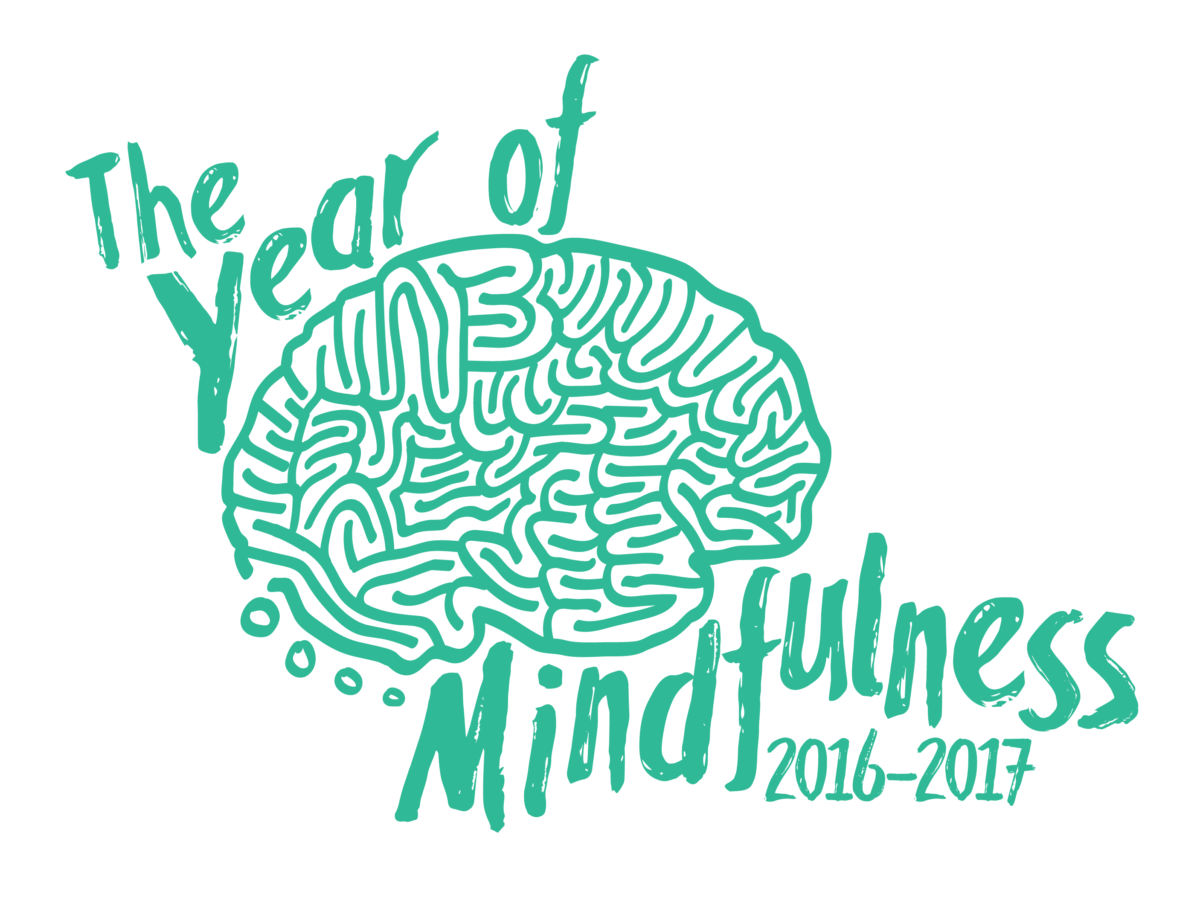
Allegheny Celebrates Year of Mindfulness
This is a hectic time and we are a hectic people, rushing through overscheduled lives that leave little time for reflection and peace.
“We’re always busy, busy, busy,” said Jennifer Hellwarth, associate professor of English and women’s, gender and sexuality studies at Allegheny College. “It seemed really important to offer an opportunity to stop and engage in a mindfulness practice.”
Enter the Year of Mindfulness, this year’s campus-wide theme at Allegheny.
The lineup of events includes visits by several speakers, including Buddhist practitioners, poets and a neurologist; Middle Eastern music and dance performances; art exhibitions; and the creation of a sand mandala by Tibetan monks.
Buddhist writer and teacher Lodro Rinzler will kick off the year with a free, public talk called “The Buddha Walks Into a Bar: Meditation and Saving the World” on Thursday, Sept. 8, at 7 p.m. in Ford Chapel. He will also conduct a workshop, “Becoming Who You Want to Be: Meditation and Living a Life of Meaning,” on Saturday, Sept. 10, from 9:30 to noon in Montgomery Gym. The workshop will look at the relationship between meditation and setting an intention around career aspirations based on cultivating who you want to be. To participate, register here. The full schedule of events can be viewed on the Year of Mindfulness website.
Beyond exposing students and the community at large to new and interesting speakers, events and experiences, the Year of Mindfulness is a challenge to live this year with mindfulness and intention, to pay attention to ourselves, to each other and to the world in which we live, said Hellwarth, who is coordinating the Year of Mindfulness with Jane Ellen Nickell, the college’s chaplain, and Sharon Wesoky, professor of political science and women’s, gender and sexuality studies.
One of the highlights of the year is a 30-Day Mindfulness Challenge, with daily opportunities for guided mindfulness practice from Sept. 8 through Oct. 7.
“We wanted to do a year that wasn’t just about events but about changing the frame and inviting people to participate in more mindful practices,” Hellwarth said.
Mindfulness practices complement the liberal arts mission of educating the whole person, Wesoky said. It can help students academically — studies have shown it can help increase focus and relieve stress — and personally as they learn to navigate their “hyper-connected, hyper-busy” lives, she said.
Wesoky said she hopes the Year of Mindfulness “gets us to slow down and be deliberate in our own lives, to become more conscious of our own busyness and to consider how that might impact on others and society more generally.”
The ultimate goal, Nickell said, is to cultivate a campus community where students, faculty and staff carve time and space out of a hectic world to connect with themselves and one another.
“In terms of our spiritual health, whether we’re religious or not, there’s just this need to just pause and let things soak in and be in touch with the idea that there’s something larger than us, even if it’s a larger collective,” Nickell said.